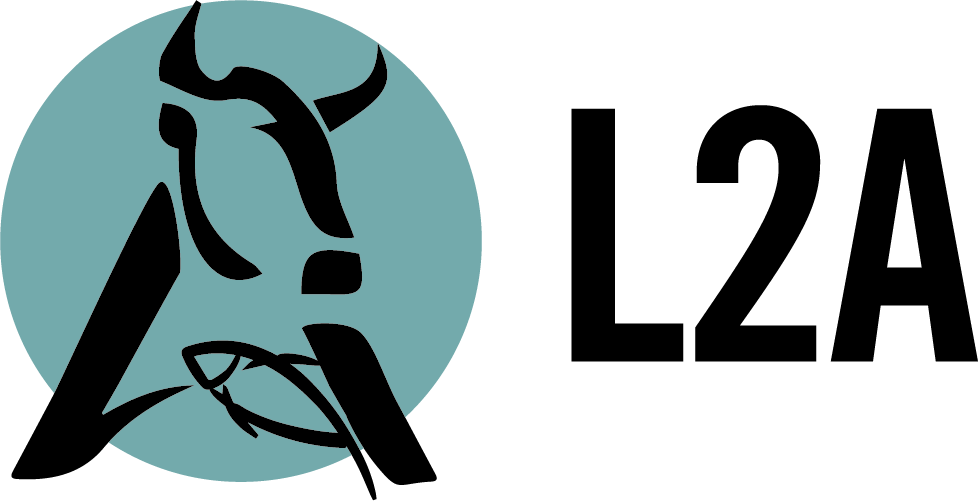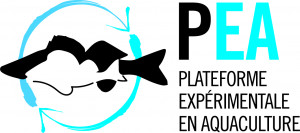

The Experimental Platform in Aquaculture supports the activities of the team « Domestication in Inland Aquaculture » of the laboratory Animal and Agroecosystem (L2A).
In accordance with the quality approach of Lorraine University, the experimental platform has been one of the ten research facilities that have been labeled in 2019 with the highest level of recognition (three stars) by Lorraine University.
This experimental platform allowed L2A to integrate European networks AQUAEXCEL 2020 (2015-2020) then AQUAEXCEL 3.0 (2020-2025) and presently AQUASERV (2024-2029). These networks aim at pooling most effective aquaculture research facilities (34 partners, 11 countries), including production systems, major fish species and disciplinary fields in aquaculture.
The PEA is accessible to any proposal of collaboration from research laboratories or companies. These last years, numerous scientists from Belgium, Hungary, Poland, Czech Republic, have realized a part of their research works in our infrastructures.
Presentation :
To perform his research works, DAC team has, from April 2014, an 800 m2 Experimental Platform in Aquaculture (PEA) on the campus of the Faculty of Sciences and Technologies of Vandoeuvre-lès-Nancy (54500 France).
This platform meets the technical and regulatory requirements governing user establishments of animals dedicated to scientific purposes to conduct experiments on domestication of new freshwater fish species (for example common perch, pikeperch) in recirculating aquaculture systems. It is certified by the Direction Départementale de la Protection des Populations (approval number : E54-547-18).
The diversity of species, life stages, biological traits, potentially studied, provides the opportunity to conduct numerous experiments in various fields such as nutrition, growth, well fare, genetics of fish or mixing of species in farmed conditions (pikeperch, sturgeon, tench, black-bass). The infrastructures of the PEA and the expertise of the staff allow to answer numerous questions of fish farmers.
Facilities of the platform : (3,2 M euros, funding from FEDER – Lorraine University – L2A– Conseil Régional de Lorraine)
Training courses
Initial and continuing educations are also dispensed at the platform. The staff helps PhD students and trainees from a range of courses (BTS, bachelor, master) to perform research works requiring the use of fish. They develop awareness about legislation, animal wellfare, good practices.
Each year, as part of continuing education, an additional training course in animal experimentation on fish is organized for technicians, searchers working on fish models.
Technology transfer to professionals : some examples of carried out works
Contacts :
Scientific manager
Marielle THOMAS
Marielle.thomas@univ-lorraine.fr ; Tél. 03.72.74.52.02.
Operational manager
Yannick LEDORE, Technical and biological management of PEA.
Yannick.ledore@univ-lorraine.fr ; Tél. 03.72.74.50.71.
See also : https://aquaexcel2020.eu/ul-epa


Université de Lorraine
Campus Aiguillettes
B.P. 70239
54506 Vandoeuvre-lès-Nancy Cedex